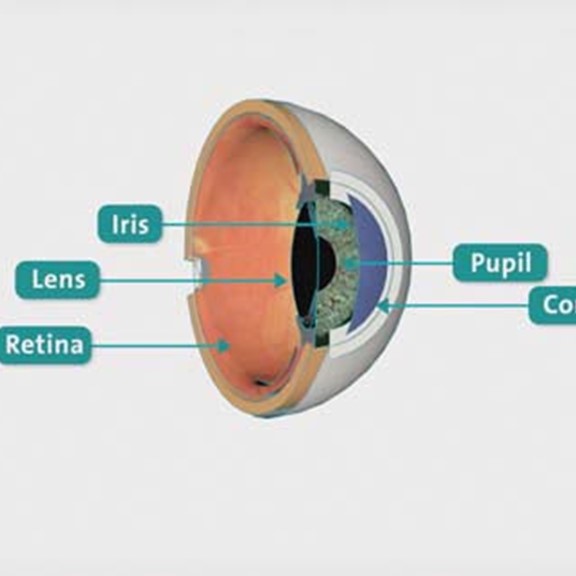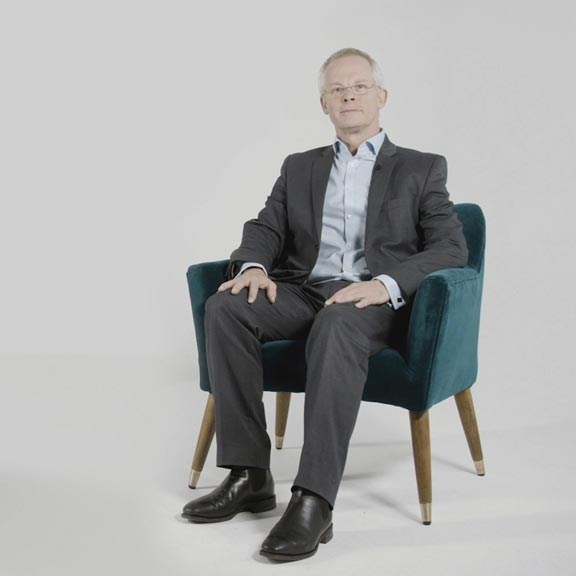Spire Cardiff Hospital – ward refurbishment (January 2024)
Spire Cardiff Hospital will begin a refurbishment programme on ward 1 which is located on the ground floor of the hospital. The hospital may be a little noisier than usual and we apologise in advance for any disruption or inconvenience this may cause. We appreciate your patience during this period.
Private cataract surgery Cardiff
Improve blurred vision caused by cloudy areas on the lens of the eye.
At Spire Cardiff Hospital, we use trusted and clinically proven techniques to improve blurred eyesight caused by cataracts and get you back to everyday life.
During cataract surgery, your consultant will remove the cloudy lens in your eye and insert a clear artificial lens.
Sometimes also called
- Phacoemulsification
At a glance
-
Typical hospital stay
A few hours -
Procedure duration
30 minutes -
Type of anaesthetic
Local -
Available to self-pay?
Yes -
Covered by health insurance?
Yes
Why Spire?
- You can usually see a consultant within a few days of enquiry
- Expert, personalised treatments
- Flexible payment options to make it easy and more affordable
Cataract surgery: what to expect at Spire Cardiff Hospital
At Spire Cardiff Hospital, our team of ophthalmologists (eye specialists) can offer you cataract removal surgery and recommend lens options for you and your needs.
We offer fast access to diagnostic tests and scans and hassle-free booking with appointment times to suit you, so you don't have to wait long.
Procedures offered for cataract surgery at Spire Cardiff Hospital
At Spire Cardiff Hospital, we offer a range of intraocular lenses. Your consultant will help you choose the best option for you. They include:
- Monofocal – corrects either short or long sight, with a choice of three focal points
- Toric – a monofocal lens that helps correct astigmatism (a problem with focusing)
- Multifocal – corrects both near and distance vision, like varifocal glasses
We also have special equipment which use a variety of biometry and refractive techniques to measure the shape and size of your eye. This is so your consultant can calculate the power of your intraocular lens implants.
You may still need to wear glasses afterwards, depending on your eyesight and your choice of lens.
Find a consultant at Spire Cardiff Hospital
Preparing for cataract surgery at Spire Cardiff Hospital
Getting here
Spire Cardiff Hospital is located a short distance from Junction 30 of the M4 and is well signposted. Public transport options are available. We have free parking on-site for you and your visitors.
Your consultations
One of our experienced consultant ophthalmologists will offer you an initial consultation within a few days of your enquiry.
All your consultations will take place in one of our 21 consultation rooms. During your consultations, we'll:
- Ask about your medical history
- Carry out a series of tests, including a sight test and biometry testing – to calculate the power of the new intraocular lens (IOL) required
- Explain about the procedure, anaesthetic, the different types of IOLs available, and any potential cataract surgery complications and risks and how they may affect you
- Give you a chance to ask any questions you have about your treatment
Cataract surgery: your procedure
When you come in for your operation, you’ll only be with us for a couple of hours, so you won’t need to bring much. However, you may need:
- Sunglasses or a hat to wear when leaving hospital as things may look bright afterwards
- Hearing aids if you wear them
- A change of shirt or top as a rinsing fluid is used during the procedure
If you’ve come with a friend or family member, they’re welcome to wait in our lounge or restaurant while you have your operation.
Here’s what will happen after you arrive for your cataract surgery:
- You’ll meet your surgery team and will be given eye drops to dilate your pupil and make it easier for your surgeon to see your lens
- You may be given a sedative to help you feel relaxed
- You’ll also be given a local anaesthetic, usually in the form of eye drops, so you won’t feel anything during the procedure
- Your surgeon will make a small incision in the front of your eye (cornea) and remove your clouded lens, using a process called phacoemulsification, which breaks the lens up into small fragments
- They’ll then insert your new intraocular lens
Cataract surgery: your recovery
After your cataract surgery, you’ll be taken to a recovery room to relax until your surgeon says you’re ready to go home. This is usually a few hours after cataract surgery.
Although everybody’s different and you should always follow your consultant’s advice, here’s a typical recovery timeline for cataract surgery:
Treatment and recovery timeline

1 week
Any eye pain, redness or itching should go
7-14 days
Stop wearing eye shield at night
10-14 days
Clear eyesight restored
4-6 weeks
Fully back to normal
-
1 week
Any eye pain, redness or itching should go
-
7-14 days
Stop wearing eye shield at night
-
10-14 days
Clear eyesight restored
-
4-6 weeks
Fully back to normal
The treatment described on this page may be adapted to meet your individual needs, so it's important to follow your healthcare professional's advice and raise any questions that you may have with them.
How to get to us
We're a 15 minute taxi ride from Cardiff Central railway station.
Spire Cardiff Hospital,
Croescadarn Road
Pontprennau
Cardiff
CF23 8XL
Get in touch
Important information about COVID-19 tests
COVID-19 testing or antibody tests are not available as a standalone service at Spire Cardiff Hospital.
Sources
https://www.nhs.uk/conditions/cataracts/ https://www.nhs.uk/conditions/cataract-surgery/recovery/
http://www.rnib.org.uk/eye-health/your-guide-cataracts/when-should-i-have-cataracts-surgery
http://www.rnib.org.uk/campaigning-current-campaigns/eye-health
https://www.nice.org.uk/guidance/ng77/chapter/recommendations#referral-for-cataract-surgery
https://www.rcophth.ac.uk/wp-content/uploads/2014/12/2010-SCI-069-Cataract-Surgery-Guidelines-2010-SEPTEMBER-2010-1.pdf
https://www.rnib.org.uk/eye-health-eye-conditions-z-eye-conditions/cataracts-laser-treatment-following-cataract-surgery




